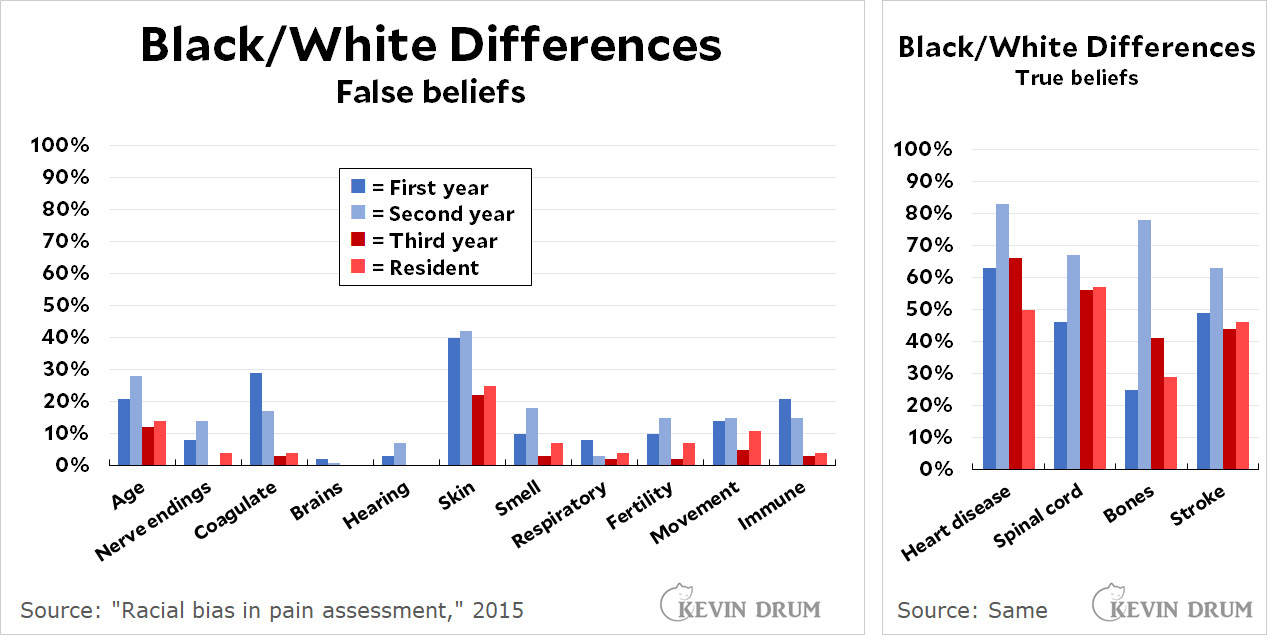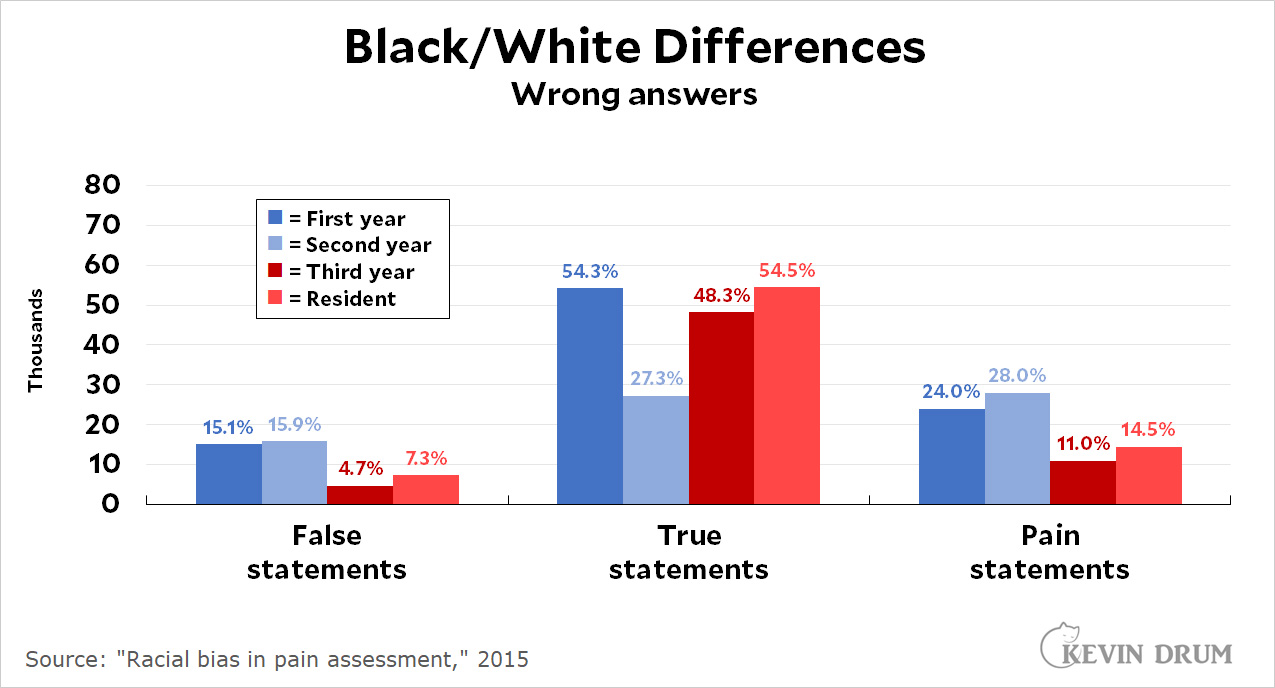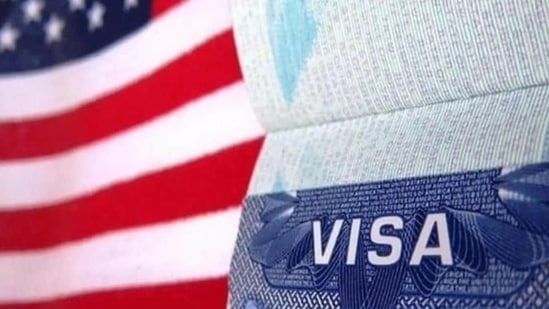With large prisoner numbers and detention times far in excess of European averages, pre-trial detention is being abused by the Greek justice system
Illustration by Una Rebić/Pod črto
Abuse of temporary detention measures in Greece has led to an entrenched regime of pre-trial punishment, with large numbers of detainees held for prolonged periods before trial. The Council of Europe's annual SPACE I 2021 report on prisons reveals that the average pre-trial detention rate among all prisoners was 30% over the past decade, while in 2021 one in four pre-trial prisoners were detained for longer than a year.
The report also shows that on 31 January 2021, out of a total of 11,334 prisoners in Greek prisons, 2,669 were in temporary custody (23.5%), with an average duration of pre-trial detention of 13.2 months. Looking at the General Secretariat for Anti-crime Policy data from previous years, the case was the same in 2020, when out of a total of 10,891 prisoners, 2,892 (26.5%) were in pre-trial detention. In 2019 and 2018, the number of remand prisoners in Greek prisons had reached 31.1% and 32.5% respectively, meaning that almost one in three prisoners were in temporary custody.
Pre-trial detention is an advance payment of the sentence
So, why are there such consistently high numbers of pre-trial detainees? "In Greece, pre-trial detention often acts as an advance on the sentence, although this is certainly not mentioned in the law", explains Kostas Kosmatos, professor of Criminology at the University of Thessaloniki. "Thus, when it comes to a serious crime, the gravity of the act – although the legislator says that this alone is not enough – is most often the crucial and decisive criterion used for the imposition of provisional detention."
The worst record of the last decade was registered in 2012 and 2013, with 34% and 34.6% respectively of prisoners across the country held in temporary detention. The average number of remand prisoners in Greece between 2010 and 2020 reached 30%.
CHART

The use of pre-trial detention as a “pre-sentence” measure is also discussed by Nikolaos Koulouris, professor of prison policy at the University of Thrace. “An assessment is made by prosecutors and investigators, based – according to the law – on the existence of strong, ‘serious’ evidence that the act of which a person is accused has been committed and she/he is guilty. This is a pre-trial judgment of guilt, which may bias the judges, who can see which defendant comes to trial as a free person or on probation, and whether she or he has been transferred as a temporary prisoner. It is rare for such factors to go unnoticed, precisely because of the conditions laid down in the Greek Code of Criminal Procedure for provisional detention. These conditions, in addition to the presumption of guilt, are also related to the social and criminal situation of the defendant, namely their lack of known residence, their criminal history, their risk of committing other offences and, more generally, anything considered to indicate avoiding the imposition of the sentence and prior judicial involvement by judicial officers."
Pre-trial detention is one of three restrictive measures available to judicial authorities in the treatment of defendants ahead of trial. The other two measures are the common restrictive conditions (attendance at the police station once a month, prohibition to leave the country, etc.) and house arrest with electronic monitoring devices. So, when and under what conditions can judges decide to sentence a defendant to pre-trial detention?
According to the Greek Code of Criminal Procedure, provisional detention may be imposed in the case of a felony when there are serious indications of guilt, in order to prevent the commission of new crimes or to prevent the accused from absconding. Provisional detention is imposed if restrictive measures or house arrest with electronic monitoring devices are deemed not sufficient, and the accused has no known place of residence or is planning to escape.
The maximum time limit of pre-trial detention for a single case is one year. "In wholly exceptional circumstances" described in the CCP, and when the charge is one that carries a life sentence or a maximum sentence of 15 years, the detention period may be extended by a further six months. However, even this constitutionally guaranteed maximum custodial sentence can be "broken" and extended by another year if a new prosecution for another offence is opened within the three months preceding the expiry of the 18-month period.
Legal requirements or the gravity of the alleged crime are not the only factors guiding judicial discretion. The remand decision, underlines Kosmatos, "can even be connected to the visibility of a case – the visibility of the case in the media and its impact on public opinion. I think public pressure can always influence to some extent the relevant judgement".
On the other hand, as Koulouris stresses, judicial bodies "with preconceived notions of what a dangerous criminal is, have an unfavourable, discriminatory approach towards people belonging to certain social groups. In other words, there are certain exogenous factors that influence their judgement. If, for example, the accused person is a foreigner or immigrant, or a user of addictive substances involved in their traffic, the decision in favour of temporary detention is more easily taken compared to a case involving a well-off citizen accused of a financial crime. Authorities will argue that the first category presents a greater and very real risk of absconding. However, a forensic reading suggests that certain social characteristics create, let’s say, an unconscious bias, which is also reflected in judgments deciding whether or not to impose provisional detention."
The data in the Council of Europe's report fully supports Koulouris here: out of a total of 2,662 remand prisoners in 2021, foreigners amounted to 1,718, while Greek nationals amounted to 944. Thus, foreign detainees were 64.5% of all remand prisoners in Greece.
"These numbers reflect the criminalisation of poverty and immigration", comments Kostas Papadakis, a long-serving lawyer and former member of the Board of Directors of the Athens Bar Association. Papadakis adds that "xenophobic prejudices contribute to the discriminatory treatment of the foreign population and lead to their disproportionate detention. These people are often treated as third-class citizens, forced to apologise during interrogation and trial without understanding much – if anything – of the case files, with a translator who often translates into an intermediate language, such as English, instead of their native language."
Over a year in prison until trial
There is another important element here that not only differentiates our country from other European countries, but also further reveals how entrenched pre-trial detention is in the Greek criminal justice system as a form of advance punishment. According to analysis of the Council of Europe data, the average duration of pre-trial detention in Greece is 13.2 months, while the corresponding European median is just 4.5 months. In fact, among the EU countries where data is available, Greece tops the list, followed by Portugal with an average duration of 11.3 months, and Italy with 7.6 months. The European (albeit non-EU) country that surpasses Greece is Serbia, with a median duration of 17.9 months.
CHART
"The maximum time allowed for pre-trial detention under the Constitution and procedural law, i.e. eighteen months, combined with the slow administration of criminal justice, is a framework that facilitates prolonged time in prison pending trial, sub-judice", Koulouris says of the report's findings. Kosmatos is in agreement, emphasising that "it certainly has to do with the sluggish administration of criminal justice, and in multi-person trials this is even more difficult".
However, the problem extends to the whole interrogation apparatus as well as the required infrastructure, both in terms of material and personnel. For example, Kosmatos notes, "in order to translate the case file, it has to be sent to the Ministry of Foreign Affairs, which can take from 2 to 6 months. In cases involving finance, banking, etc, an expert will be appointed by the panel and will submit his report after months of investigation. The investigative process involves more than gathering witness and defendant testimonies. There is a whole series of investigative operations, involving laboratories, forensic experts, expert witnesses – services that are not under the jurisdiction of the courts."
At the same time, abuse of pre-trial detention has an evident collateral impact on the known problem of chronic overcrowding in Greek prisons. Covid-19 did nothing to alleviate the problem, since the Greek state, unlike most European countries, took no measures to reduce congestion, as the MIIR/IMEdD investigation on the spread of Covid-19 in Greek prisons has shown . Indeed, the prison population increased by 3.6% in 2021 compared to 2020. Meanwhile, the occupancy rate based on a comparative analysis of the actual prison population and spots in each institution exceeded 111% (111.4 prisoners per 100 spots), the second worst performance in the EU after Romania.
CHART
Jailed for 7 months for rioting, while playing basketball
The criteria that prosecutors and investigators typically use to proceed with provisional detention occasionally provoke public outcry, especially when it comes to selectivity. Clearly, the injustice inflicted to defendants subsequently found innocent that yet have been subjected to extended deprivation of liberty and various other consequences, tends to arouse public sympathy.
An emblematic recent example is the unjust 7-months detention of 30-years-old Alexandros M. (also referred to in the media as "Indian") following a mass demonstration against police violence in March 2021 in Nea Smyrni. The march included widespread clashes between protesters and police forces, during which an on-site police officer was assaulted and the episode caught on camera. That evening, Prime Minister Mitsotakis issued a statement about the officer's injury, but not about the police officers' violence. Three days later, Alexandros M. was arrested outside his workplace.
"Alexandros was the embodiment of a scapegoat, produced in order to show the public that the guilty party was found", his lawyer Pavlos Sarakis tells us. On that day, and at the time he allegedly assaulted the supervising police officer, Alexandros was playing basketball in the neighbourhood of Elefsina, an area 35 minutes by car (without traffic) away from where the clashes happened. This was proven by video footage, and known from the first moment by the investigating authorities. Nevertheless, Alexandros was deprived of his liberty for seven full months before he was released from prison. It took 14 months for the Athens Judicial Council to officially exonerate him.
"Alexandros, a man of extremely low means, suffered severely, both physically and psychologically", Sarakis tells us, leaving aside accusations of political expediency against the government and the Ministries of Justice and Citizen Protection, as well as the judicial authorities, since the latter decided on remand "because the alleged victim was a police officer."
One in five prisoners in preventive detention in Europe
According to a recent Civio's investigation for EDJNet , one in five prisoners in European prisons is in pre-trial detention. A total of 100,000 pre-trial detainees were in European prison cells in 2021, with the European median pre-trial detention rate at 21.6%.
The SPACE I report's general category of "prisoners not serving a final sentence" was used for this analysis, since the legal status is the same in the majority of countries, while several countries do not distribute their data across all categories. For example, Greece and Austria identify prisoners on remand with this category, while France includes prisoners on remand but also includes the small minority of detainees awaiting appeal (7%). A detailed breakdown of the number and percentages of prisoners in preventive detention by EU Member State is shown in the map below.
The maximum legal limits permitted for pre-trial detention vary among European countries, so that no uniform conclusions can be drawn. A common rule, established by the European Convention on Human Rights, is that a person in preventive detention has the right "to be tried within a reasonable time or to be released". The problem is that “reasonable time” is relative. With different systems of criminal assessment, extensions of the permissible limits, as well as variations depending on the when the crime was committed, the maximum time a defendant can spend in pre-trial detention (and sometimes only for certain crimes) is six months in Germany and Croatia, one year in Italy, 18 months in Greece and Bulgaria, and between one and four years in Hungary, Spain and France, depending on the seriousness of the charge.
European Court of Justice review of the detention and shaming of 27 HIV-positive women
Turn the clock back to May 2012, the year when the Greek police, on the orders of the Ministries of Citizen Protection and Health, launched raids against HIV-positive women in the centre of Athens, on the ground of public safety and health reasons. Hundreds of women were brought in and subjected to forced medical testing for HIV, and 27 of these women were taken into custody on charges of intentional grievous bodily harm for knowingly spreading the virus – despite not knowing they were HIV-positive – while being shamed by the publication of their details and photographs. More arrests followed, but did not lead to the release of personal details, due to international outcry and the reaction of several Greek organisations and institutions.
In the following years, the women were acquitted. Meanwhile, several of the accused spent up to 11 months in custody while their personal details and photographs, though removed from the official police website, are still circulating on the internet to this day. One woman committed suicide after her acquittal, while 6 others died for reasons related to hardship, precarious health and lack of a supportive environment.
"One may argue that these deaths are not necessarily tied to the raids and detention. However, these vulnerable women received no support from the state and certainly no redress or reparations for what they suffered due to the actions of state officials and functionaries that scarred them forever", says lawyer Eleni Spathana, who, together with other lawyers from the Lawyers' Group for Refugee and Migrant Rights, defended many of these women. "Actually, these women were imprisoned, vilified, stigmatised for life and after death, and used in a clear operation of political expediency just before the 2012 elections. At that time, under the doctrine of public order and security, and the 'protection of public health' that went along with it, the leaderships of the Ministries of Health and Citizen Protection engaged in a witch-hunt, with Health Minister Loverdos issuing statements about 'health bombs in parts of Athens', ‘immigrants spreading infectious diseases', etc. and the issuing of the despicable Health Ordinance, which forced, among other things, medical examination and hospitalization in designated areas, interfering with the privacy of the person, and illegally interfering with living quarters". Spathana also indicates "the enormous responsibility of the investigating and prosecuting authorities, who co-signed the flimsy indictment that put them in prison".
With the assistance of lawyers from the Lawyers' Group, applications have been filed by 13 HIV-positive women to the European Court of Human Rights (ECHR) for violations of Article 3, for subjection to inhumane and degrading treatment, unlawful deprivation of liberty and conditions of detention, forced HIV testing, as well as Article 8, relating to shaming and invasion of the sphere of personal and family life. Spathana adds that the lawyers have asked the Court "to take action and to include in the sentencing judgments the deceased women, as the Court has done in similar, exceptional cases of human rights violations that have significant, broader consequences for population groups and have been of concern to society and public opinion." The ECHR's decision on the appeals has yet to come.
In addition to recourse to the European courts, legislation in Greece provides for a right to compensation for those who have been unjustly imprisoned. According to the CPC, this amount can range from €20 to €50 for each day of imprisonment, depending on the financial situation of the victim.
"The amounts provided for in the Code are meagre", Papadakis comments. "It only adds to the victim’s sense of shame to ask for tax returns and to make the amount of compensation depend on their financial situation. As if a stay in prison alone is not a loss to be compensated", he adds scornfully. "And apparently no man would consider it a commensurate quid pro quo against the unjust deprivation of his liberty."
Data visualizations: Corina Petridi







